Muturi: Kenyan Youth Must Not Be Silenced for Speaking the Truth

The death of Albert Ojwang, a prominent social media personality, while in police custody at Nairobi's Central Police Station has ignited widespread condemnation and demands for accountability from political figures and human rights activists.
Ojwang's death, occurring after his arrest in Homa Bay County, is shrouded in controversy, with conflicting accounts emerging about the circumstances surrounding his demise. The immediate aftermath of Ojwang's death saw a surge in public outcry, led by prominent figures like former Public Service Cabinet Secretary Justin Muturi. Muturi denounced Ojwang's detention as an assault on freedom of speech, refuting police claims that Ojwang had attempted suicide while in custody.
"Albert was not a criminal," Muturi stated, "He was a teacher, a citizen, a voice on social media exercising his right to free expression."
Muturi describes the police explanation of the death as implausible and insulting to the Kenyan public. Ojwang's arrest stemmed from a defamation complaint filed by Deputy Inspector General of Police Eliud Lagat, citing Ojwang's social media posts. Police reports indicate that Lagat's complaint led to Ojwang's apprehension and subsequent transfer to Nairobi.
However, his death within the confines of a police station has raised serious concerns about the treatment of detainees and the potential for intimidation against outspoken voices. Samburu West MP Naisula Lesuuda has added to the chorus of criticism, calling Ojwang's death "painful and unacceptable." Lesuuda questions the frequency of deaths attributed to police brutality, emphasising the need for substantive justice beyond superficial measures.
The circumstances surrounding Ojwang's death have reignited fears of extra-judicial killings, a long-standing concern within Kenya's law enforcement system. The incident parallels the recent arrest of Kisii-based blogger Kelvin Moinde, who was detained on similar allegations of defaming Deputy Inspector General Lagat. Moinde was later released after the Office of the Director of Public Prosecutions found insufficient evidence to press charges, but his initial detention, along with Ojwang's, has amplified concerns about the targeting of digital commentators who challenge authority.
In response to the escalating public pressure, Inspector General of Police Douglas Kanja defended the arrest, asserting that Deputy Inspector General Lagat had the right to file a defamation complaint, like any other Kenyan citizen. Kanja has maintained that Ojwang was not mistreated during his detention, but this has done little to alleviate public scepticism.
Deputy President Rigathi Gachagua has since called for the suspension of Lagat, accusing him of overseeing Kamukunji and Central Police stations without adequate oversight, leading to alleged "torture chambers." Gachagua highlights the troubling nature of Ojwang's transfer from Homa Bay to Nairobi, questioning the underlying motives and the treatment of detainees.
Ojwang's family and supporters are now demanding a transparent investigation into the circumstances of his death. Human rights organisations have joined the call, advocating for an overhaul of detention procedures and increased scrutiny of law enforcement practices.

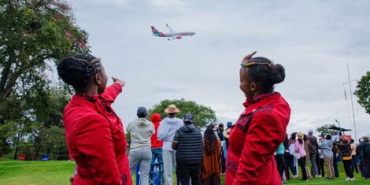
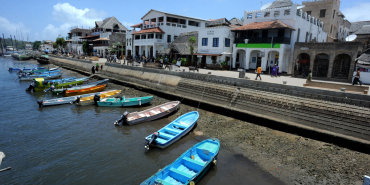
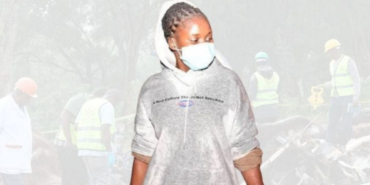

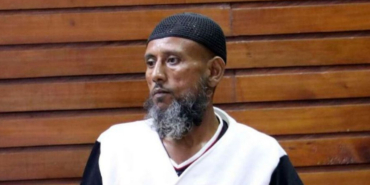
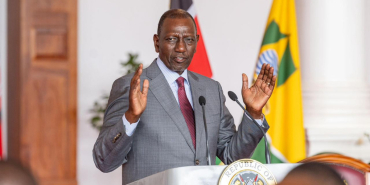
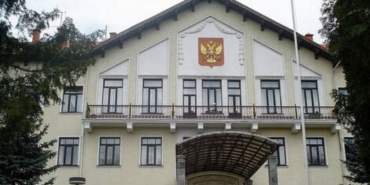
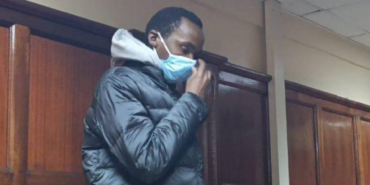
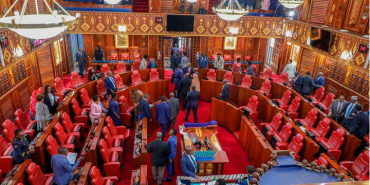




Add new comment